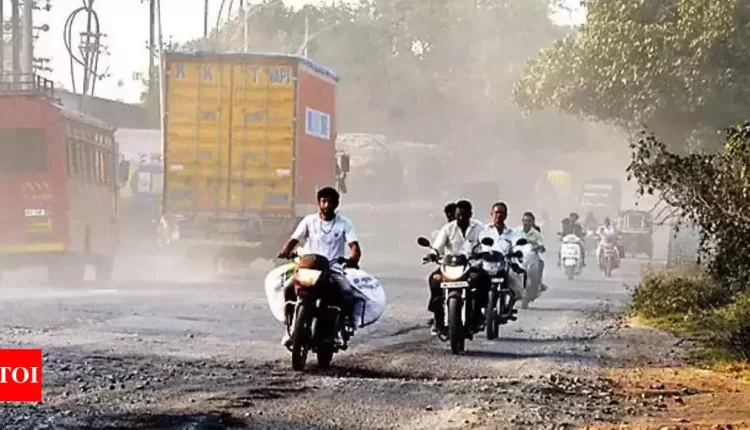Centre asks states not to procure imported air quality monitors, indigenous systems to be deployed | India News
Non-attainment cities are those which do not conform to the national ambient air quality standards (NAAQS). It includes big metros like Delhi, Mumbai, Chennai, Kolkata, Bengaluru, Kanpur, Pune, Nagpur, Chandigarh and almost all state capitals and other million-plus population cities. These cities will, meanwhile, continue to monitor air quality with the help of their existing monitoring stations to measure key pollutants including hazardous particulate matters (PM).
“A conscious decision has been taken to save hundreds of crores of rupees at a time when our own indigenous monitoring system, developed by CSIR-National Physical Laboratory (NPL), is getting ready for deployment in the next few months. The money, saved due to the move, can be used for taking different other air pollution abatement measures in the cities,” said an official while referring to the decision on cancelling procurement of imported systems.
Though such a ban on procurement is unusual, especially when work orders are issued, states would be free to go ahead with new imported systems with their own funds. The CPCB last week wrote to all states, asking them to cancel work orders for procurement of imported CAAQMS using the central fund earmarked for the purpose under the NCAP and 15th Finance Commission.
Many cities have issued tenders for 8-10 CAAQMS each under the central funds. Each imported CAAQMS roughly costs around Rs 1.5 crore. Most of the currently functional systems had been imported from the United States and European countries in the past.
Asking state pollution control boards (SPCB) and urban local bodies (ULB) of 131 cities not to issue fresh work order for procurement, the CPCB on November 22 wrote, “If a work order is issued for procurement of CAAQMS but funds not released then it is to be cancelled.” It even instructed SPSB/ULB to refer the matter to the environment ministry or the CPCB with “documentary evidence” for taking a view if the funds for procurement have already been transferred.
At present, 1,243 monitoring stations covering 465 cities/towns in 28 states and seven UTs have been functional. Besides, 24 monitoring stations in rural areas of Punjab and two monitoring stations in Daman & Diu and Dadra & Nagar Haveli have also been set up on an experimental basis.


